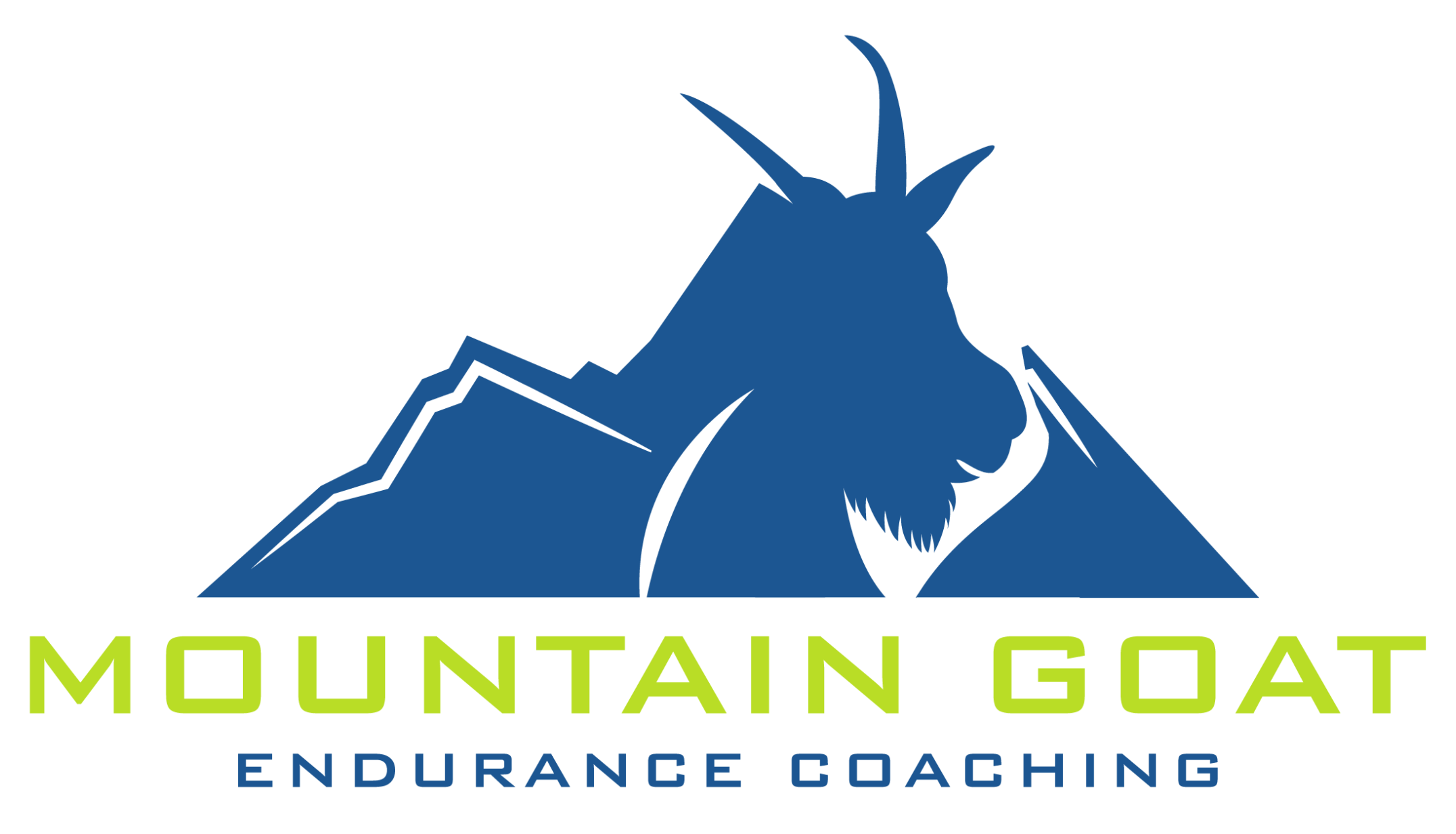On Wednesday, I wrote a post about why we aren’t seeing progress.
If you didn’t read it, no worries – this second point largely stands on its own – but it might explain why this sounds like the second half of a post.
Because it is.
Anyway, another way we hold ourselves back from making improvements is by failing to appreciate different forms of “progress.”
Yes, we all love getting faster or moving heavier weights…
But they’re not the only ways we can track improvements.
For example, you could recover faster.
Maybe you didn’t add more weight to your Bulgarian split squats this week, but you only needed to rest for 45 seconds between sets instead of 60.
Or maybe you didn’t increase the pace on your speed interval this week, but you didn’t really need any walk breaks during your rest periods and were able to maintain a jog.
Or maybe your heart rate came down a lot faster.
There are SO many ways we can track improvements, that obsessing over nothing but weights and paces can be really restrictive.
At some point, you are going to hit plateaus.
That’s okay.
It’s just a part of training.
I mean, in the grand scheme of life, there will come a time when you’ll never set another PR in your current activity.
I don’t know when I’ll run my fastest mile.
It probably won’t be when I’m 75.
And while that can feel kinda shitty – largely because it reminds us of our own mortality – it’s something we’ll all have to confront at some point or another.
It’s also something that can motivate us to try new things.
I mean, if you’ve never biked before, everything’s a PR!
But talk of aging aside, you’ll also just hit plateaus as a part of normal training.
For example, if you’re training to run a fast marathon, it’s highly likely you’re not going to see consistent improvements in your mile pace as you get closer to your marathon.
Why?
Because it’s not the target.
Sure, you want to be doing some high-end cardiovascular work, but at some point the training volume and focus on marathon pace should start to become much more of a priority.
And as a result, your top end speed might drop a little.
As a lot of people get closer and closer to a big race, they’ll often see their “easy” pace drop.
It doesn’t mean they’re actually getting slower.
It usually just means they’re fatigued as a result of very high training volumes.
Or they aren’t recovering enough – which is something you should always be asking yourself…
We’ll also see the same thing with certain exercises in the weight room.
I mean, I have a client whose lateral raises haven’t improved in… ages.
Why?
Because it’s a challenging exercise and she only lifts twice per week.
But more importantly… “lift heavier weights on the lateral raise” isn’t her goal.
Her goal is “build stronger shoulders.”
As a result, we do lateral raises at the end of the hour after we’ve already done a bunch of overhead pressing work.
Her overhead presses have gotten significantly heavier, but by the time we get to the accessory work her shoulders are tired and we’re just using them for a little extra volume on her medial deltoid.
So the fact that the weight has stayed the same is actually an improvement because she’s doing more overall work on the muscle.
We just don’t see it when we look at that one number.
All to say…
There are so many ways we can track improvement.
By restricting yourself to a single metric, you’re often holding yourself back from the progress that actually matters.
Keep that in mind when you’re training this weekend.
And if you ever want to chat about these things, you know what to do.
